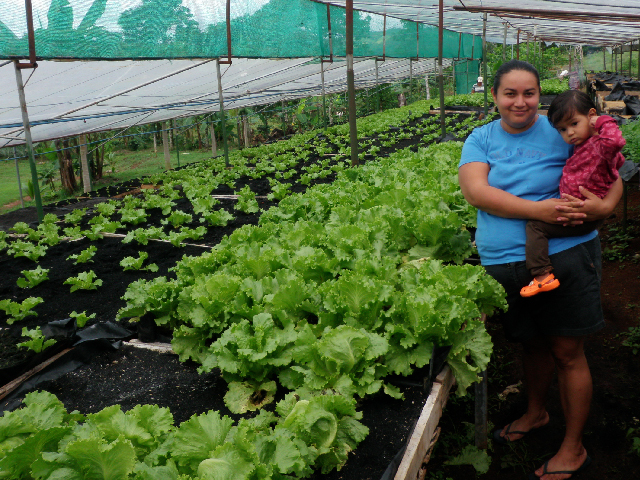CABEI generates development and well-being for the region in a sustainable way
Throughout its history, and in accordance with its business model, CABEI has continued to promote the integration and economic and social development of the countries of the region.
Tegucigalpa, June 18, 2018.- Derived from its mission, the Central American Bank for Economic Integration (CABEI) focuses its role as a promoter of economic integration and the economic and social development of its partner countries, implementing the principles of its Institutional Strategy and sustainable business management focused on increasing the quality of life of the region's inhabitants.
Since its foundation in 1960, CABEI has cemented its role as a multilateral development bank and a source of financing, with a business model that offers technical financial solutions to meet the investment needs of its members. To this end, the Bank provides the public and private sectors of its partner countries with resources for sustainable programs, projects and technical assistance, reviewing the feasibilityof technical, financial, legal, environmental and social aspects.
The Bank, as the strategic partner of the region, assumes its commitment to the communities of the region, promoting operations that contribute directly to the Sustainable Development Goals. Subject to its regulations, internal controls and complaint mechanisms, ethics prevail in the business and decision-making model. Among them, the System for the Identification, Evaluation and Mitigation of Environmental and Social Risks (SIEMAS) stands out as a tool for the implementation of the Environmental and Social Policy.
As part of the project cycle, CABEI considers the clients' viability analysis to be a priority, ranging from environmental and social due diligence prior to the approval of programs and projects; it also includes the relevant documentary review, and the conduct of field visits as a mechanism for verifying possible environmental and social risks.
SIEMAS is aligned with the International Finance Corporation (IFC) Performance Standards, the Equator Principles and the World Bank Group Guidelines on Environment, Health and Safety (EHS), to ensure the implementation of international good practices, and requires compliance with the relevant national legislation. In order to comply with the principle of transparency, consultation and citizen participation, after the elaboration of the Environmental and Social Action Plan and prior to the approval of the program or project, SIEMAS establishes the dissemination on the web of relevant environmental and social information of the programs and projects, in such a way as to allow stakeholders to make pertinent consultations and comments regarding the operation subject to approval.
In addition, CABEI has been internationally certified by the European Union's 6 Pillar Assessment; accredited as a regional implementing entity of the Climate Change Adaptation Fund, and as a regional entity with direct access to the Green Climate Fund. In this way, the international community recognizes the compliance system with which the Bank seeks to carry out best practices.
CABEI reaffirms its commitment to continue making progress in the construction of a development bank ready to be at the forefront of new developments in the challenges of a changing environment and that this region demands, in order to face future challenges and be able to guarantee a service at the level of its partners.










